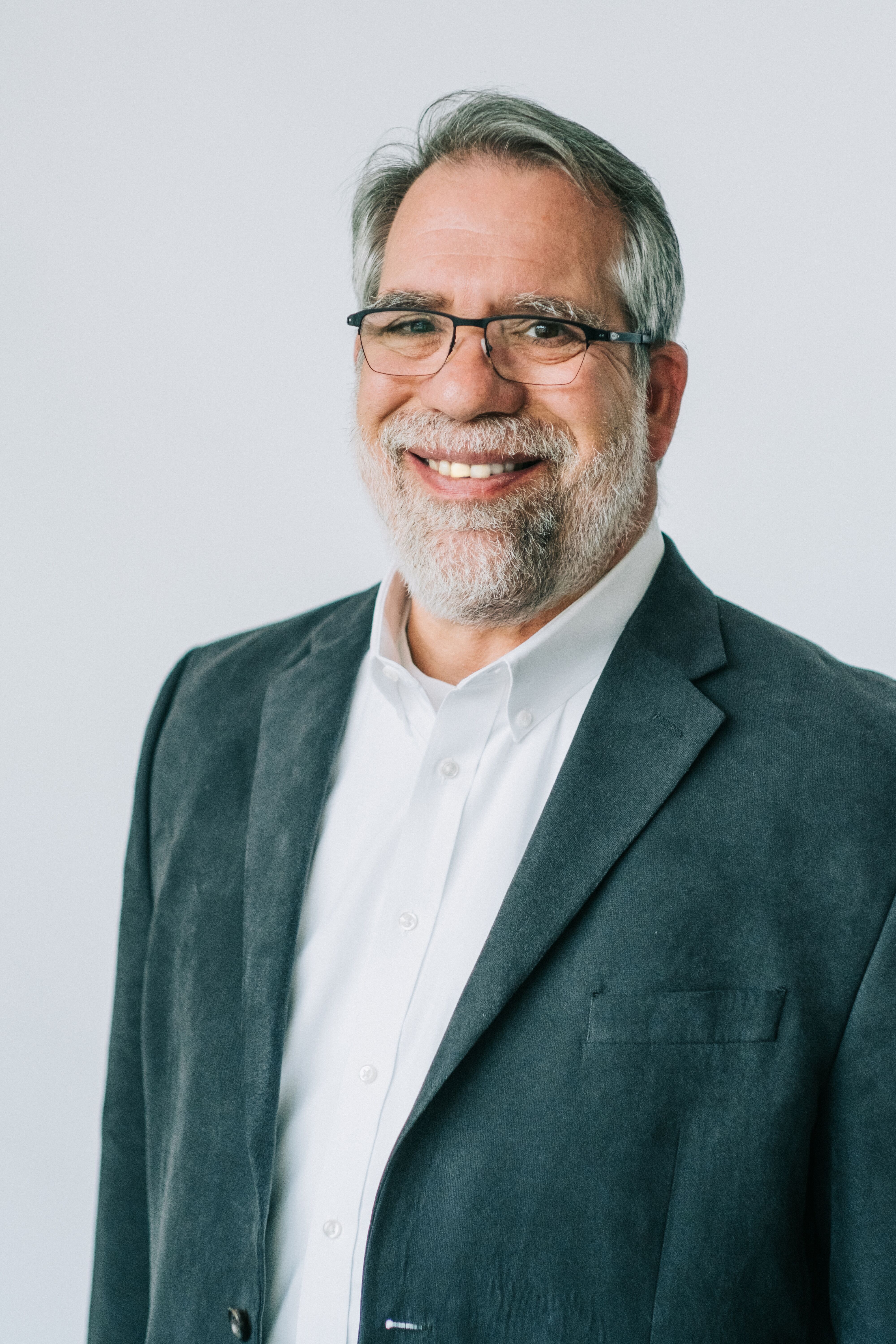The Reality of Depression in Older Adults
Chantal Spector and Debbi Dooley address depression in seniors, both through statistics and through a more human lens.
Depression is often thought of as an affliction of young people; however, statistics show that older adults are suffering as well.
According to the National Alliance on Mental Illness:
- Depression affects more than 6.5 million of the 35 million Americans aged 65 or older.
- Depression is the single most significant risk factor for suicide in the elderly population, and older Caucasian males have the highest rate of suicide in the U.S.
- While many older adults have dealt with depression during much of their lives, others may experience it later in life for the first time, even in their 80s and 90s.
The Centers for Disease Control and Prevention defines someone who is depressed as having “feelings of sadness or anxiety that last for weeks at a time.” However, depression affects everyone differently. He or she may also experience feelings of hopelessness, guilt, helplessness, irritability, restlessness, loss of interest in activities, decreased energy, difficulty concentrating, remembering details and making decisions, insomnia or excessive sleeping, overeating or appetite loss, persistent aches or pains, and headaches, cramps, or digestive problems that persist even with medical treatment.
“Every day, we see elders who experience losses they aren’t prepared for: loss of a spouse, loss of friends, loss of community, and perhaps loss of health and ability. Sometimes these losses can compound to trigger a depressive episode,” said Debbi Dooley, geriatric care manager at Jewish Family & Career Services of Atlanta.
“I had a client who was a lovely man in his mid-80s, but he was lonely and dispirited because his spouse had died, his friends had either moved away or passed, his military friends were gone, and his children lived out of town,” she said.
“He didn’t know why he was feeling so down and unmotivated. After calling JF&CS, we were able to help him by rebuilding a supportive team that included regular check-ins from his geriatric care manager, counseling and medication management to treat his depression, community-based activities including transportation to the senior center, and attachment to a One Good Deed volunteer. He still grieved his wife and friends, but his depression improved enough that he started to enjoy life more.”
Often, depression can be missed by a doctor if a patient has another illness, as it has some similar symptoms to dementia, stroke, heart disease, and incorrect medication. Many elderly people and their families don’t recognize the symptoms of depression, aren’t aware that it is a medical illness, and don’t know how to get help. Older adults are more likely to get help for a swollen knee than they are for months of “feeling blue.”

“Counseling can provide a space where older adults can resolve issues from their past, while also exploring their fears and concerns about what comes next. Grief and loss can be constants in an older adult’s life, and the impact of this can be devastating. Having a space to share these thoughts with a trusted and caring professional can provide immense relief,” said Dan Arnold, director of clinical services at JF&CS.
One reason many older adults may not seek help is stigma. They hold onto the mistaken belief that depression is a character flaw and are worried about what others might say. They may blame themselves for their illness and are too ashamed to get help. Others worry that treatment will be too costly. Yet research has also shown that treatment is effective. About 80 percent of depressed older adults improve with a combination of talk therapy and medication, with some research finding medication equally as important as the sense of feeling “heard.” Older adults may also have family secrets that have been buried for years. Sharing decades of trauma in a safe, private environment can dramatically improve an older adult’s mental health.
Since depression may suppress immune response, it can make a person physically ill, and may worsen symptoms or delay recovery of other illnesses. It is also associated with an increase in osteoporosis and fall risk, accelerated memory loss, and increased risk of suicide and premature death.
For older adults who are ready to get assistance to fight depression, a licensed therapist can help. Therapists can help older adults find relief from depression using a combination of theoretical orientations: cognitive behavior therapy, which helps clients reframe negative to positive; interpersonal therapy, which is used to teach older adults about the importance of social connection; and problem-solving therapy, which can help people work through the main sources of stress and pain.
Therapists at JF&CS take insurance and remove barriers such as transportation by meeting in elders’ homes. In addition, JF&CS employs a multi-disciplinary approach to care with a psychiatrist who can work with older adults on medication management as well as art and yoga therapy.
For more information about clinical services, visit jfcsatl.org/clinical or call 770-677-9474.
Chantal Spector is marketing manager and Debbi Dooley is geriatric care manager for JF&CS.




comments